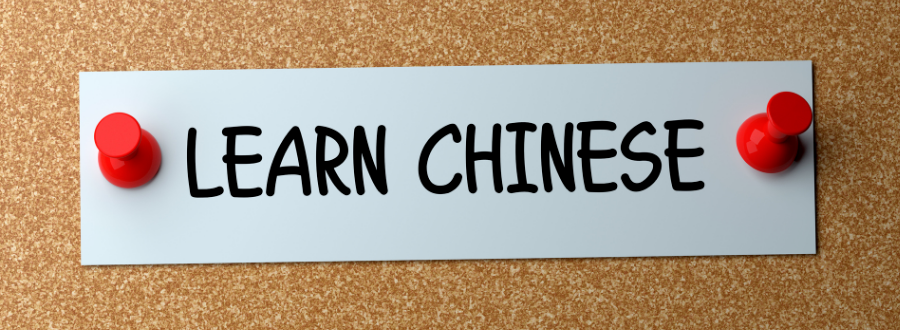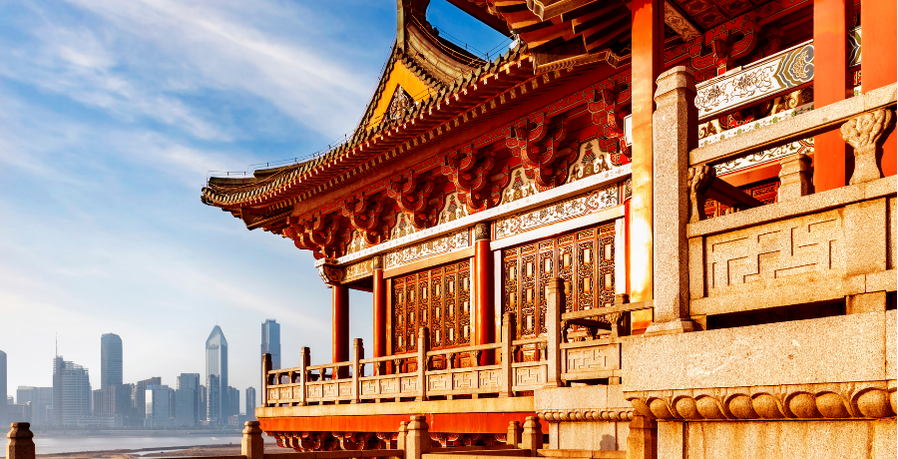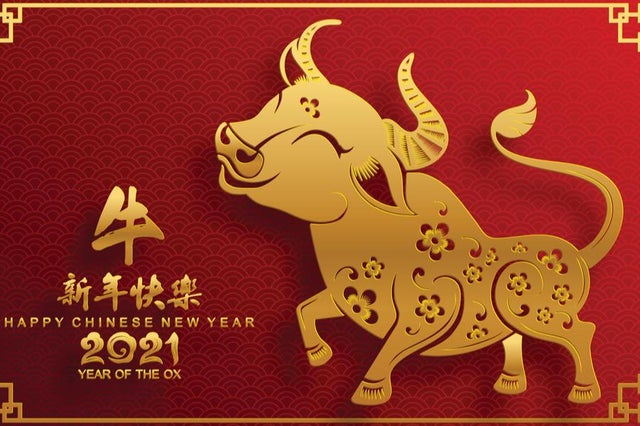|
There is a craft behind learning Mandarin. Filled with a rich history, built on art and symbolism, has carried on to a multitude of generations. In fact, it has become the most spoken in the world! Imagine China’s mother tongue ultimately reaching a grand total 1.4 billion speakers? Beyond communication skills, it can enrich your child’s life in both a mental and social capacity. If you would like to introduce son/daughter to a transformative language, here are other benefits of learning Mandarin. A Language Meant for Kids Did you know that Mandarin is considered an easy language for kids? The vocabulary itself is made up of patterns and symbols. Younger children are able to grasp this particular system because they tend to be visual learners. Therefore, they are susceptible to interpret these complex characters relatively quicker compared to teens and adults. This phonetic alphabet is also meant to be logical, and less compose of grammar rules that Romance languages have such as Spanish or French. For example, there are no plurals in Chinese! A literal translation for “two pencils” is “lots of paper.” Learning A Coveted Art Form The most interesting aspect of learning Mandarin may be its unique chirography. It breaks the conventional way of how most of us were taught; which involves a standard alphabet. Instead, the foundation lies behind mastering an art form of different symbols and symmetry. It goes beyond your child learning just how to speak a second language, but also getting to grasp a form of ancient art. There is storytelling and meaning behind how these patterns were created. An example would be the symbol for human (人) and big (大) combined makes the word adult (大人) Greater Appreciation for Chinese Culture As a parent, you would like your child to become well rounded and a cultured individual. Why not introduce a language that is shared by millions of people around the world? Mandarin, as we previously discussed, has one of the most unique and richest background of history. It can as far as the B.C. era, where Chinese dynasties were formed and still hold a relevance today. Aside from an extensive and delicious cuisine, your child could experience their distinctive views of modern life. Your son/daughter can be exposed to the benefits of mindfulness, or the sacred forms of martial arts. Improved Math Skills Are you hoping to improve your little one’s skills in math? Practicing Mandarin can simultaneously help with basic fundamentals and counting. According to Tessa International School, it incorporates mathematical concepts when learning how to speak and/or write. A lot of the vocabulary involves putting two characters together in order to create one a whole new word; similarly to how a formula is structured as. Therefore, your child will already be accustomed to being predisposed to algebra concepts! Increasing Motor Skills Did you know that your little one can also increase their motor and cognitive skills? Mandarin involves a diligent practice such learning a new method of writing. According to AsiaSociety.org , the handwriting technique used cam actually assist your child’s motor development. The act of drawing different shapes and recognizing hieroglyphics, will train your child to activate use both their left and right side of the brain. Becoming Musically Inclined One of the most surprising facts about assessing this language, is the multiple pronunciations involved. An article from The Atlantic, explains how the different tones used throughout speaking Mandarin can actually aid in vocal ability. Different pronunciations of the same word can have a completely different meaning! It is almost impossible to be “monotone.” Studies have shown that Mandarin speakers were able to identify musical pitches better than English speakers. Future Career Opportunities A second language can guarantee success in the job market. However, once your child masters Mandarin that will have an even bigger advantage. Career fields such as business, politics, and communications all see this as a high commodity. China also is considered to have the biggest economy in the world. The ability to have a chance to be in this economic market can have plenty of opportunities. There is a world of benefits behind learning Mandarin. It can be a way to be improve all areas in your child’s life. Whether it be the educational and/or cultural realm. This is a language like no order, and can be offer your son/daughter to discover what makes Mandarin fun to lear! Check out both our private and group lessons we have to offer here at Tribeca Language.
Xīn Nián Kuài Lè! Happy New Year! It’s once again that special time of year for the Asian community. About 2 billion worldwide, one fourth of the total global population, celebrates Chinese New Year. There are 3.8. million Chinese Americans who celebrate in the United States alone. The numbers are even closely compared to those who celebrate Christmas globally (also 2 billion!) So, what is it exactly that makes this holiday so special? On the surface it seems that this day is mostly about Chinese culture and festivities. However, there is a whole timeline of history and traditions that most of us are not even aware about.
What Exactly is Chinese New Year? The celebration of Chinese New Year is actually divided into three significant days; Little Year, Chinese New Year (a.k.a the Spring Festival), and the Lantern Festival. The holiday begins with Little Year, which lands on February 4th. This where all preparations begin for the New Year and last until New Year’s Eve. This will include traditions such as cleaning the hose to “sweep out” the bad luck of the past year. Other activities will include prayer ceremonies, which will vary depending to an individual’s religion. Earlier traditions included prayer to the “Kitchen/Stove God”, who is supposed to watch over members of the household. The most important and well-known day of the holiday is Chinese New Year, which is February 12th. The day is also referenced as the “Lunar New Year” and/or “Spring Festival”. The majority of common festivities occur, such as the display of fireworks, exchanging red envelops, and ancestry memorials. The Spring Festival refers to 16 days of celebration and festivals that occur leading up to the Lantern Festival. This takes place on February 26th. It is especially known for the display of numerous lanterns that hover all around the celebrated cities/town. A Rich History of Folklore and Tradition The holiday dates back from as early as 1046 B.C, during the Shang Dynasty - the earliest ruling dynasty of China to be established in recorded history. Its origin is described when people held ceremonies to honor their ancestors and the gods that they worshipped. This tradition occurred at the beginning or end of each year, where it followed the shifts of new dynasties. But why is this holiday also named the Lunar New Year? The rise and fall of emperors would follow what is still known today as the Chinese or Lunar calendar. Lunar phases and solar solstices would determine when it the new year would ring. This concept, under the rule of Han Dynasty - the second imperial dynasty of China - is still continued to determine the date till this day. That is why Chinese New Year starts with the first new moon of the year, which usually occurs between January 21 and February 21. The origins of the Lantern Festival, however, is not so clear. In fact, there are a couple of folkloric legends that have both religion and historical elements to it. One legend ties back under the rule of Emperor Ming - the second emperor of China's Eastern Han dynasty. Emperor Ming heard of news that Buddhism was spreading throughout China. One of their traditions included praying and lighting lanterns to Buddhist figures on the 15th day of the first lunar month. The emperor liked the custom and began to have lanterns throughout his palace and other temples. Another tale links it to Taoism, which states that the 15th day of the lunar month honors the birthday of Tianguan, god of the sky. The legend says that Tianguan loved festivities, and the people who worshiped him lit lanterns to celebrate. Customs and Food That Are Celebrated for Good Luck There are tons of cultural festivities that go along in celebrating Chinese New Year. As mentioned earlier, the preparation for the new year stems begins with a deep clean of the household to ward off any bad luck. However, it is also a time to do major shopping. Similarly to Christmas shopping, there is a ton of shopping that involves buying tons of food, new clothes, and decorations. The decorations are then hung on the eve of the new year, which consists of red lanterns and couplets. It is also said that the decorations are to bring blessings, health, and peace into the New Year. Another key aspect to the holiday is showing respect to ancestors. On New Year’s Eve, families will prepare an offering of different kinds of food. They will display the food in front of pictures and/or shrines as an offering and a way to let their ancestors “eat” first. What is considered the most important component of the holiday customs is the “reunion family dinner”. This also takes place on New Year’s Eve, where many different family members of all generations gather to have a large dinner. It is the reason why the season is known to be responsible for big travel congestion throughout the country. With dinner, foods are ritually made in a way that will bring good luck into the new year. There are seven foods that are considered “lucky” which include fish, dumplings, spring rolls, tangyuan (sweet rice balls), fruit, noodles, and niangao (glutinous rice cake). All these foods are supposed to promise wealth, happiness, and prosperity. The Chinese Zodiac and Year of the Ox According to the Lunar Calendar, 2021 will be the year of the Ox. What does that mean? For starters, we need to understand that there are twelve animals that make up the Chinese Zodiac: the rat, ox, tiger, rabbit, dragon, snake, horse, ram, monkey, chicken, dog, and pig. Each animal is supposed to represent a year in a 12-year cycle. It also is associated with different meaning for each person who is born under the year of the said animal. Western culture has been made to believe that if your sign is the same as the one for the New Year it is a sign of good luck. Unfortunately, it is considered the opposite in the Chinese culture. Even today this still rings true to those who celebrate! If the New Year happens to be the person’s Chinese Zodiac sign, they will be told to wear red underwear for the rest of the year to counter bad omen. This zodiac ideology is also traced back to folklores. It is believed that this links back to the Qin dynasty, which is heavily associated with animal worship. The Jade Emperor who was ruling at the time had ordered all twelve animals to his palace to determine the zodiac. Throughout history and even in today’s modern era, the Chinese Zodiac is more than just pseudoscience. Just like Western astrology, each of the twelve animals have a determined personality, with its own strengths and weaknesses. However, this is used to foretell an individual’s marriage life, career, and even fertility for many in the Asian community. The year of the Ox is supposed to predict success through hard work and discipline for 2021. However, each Zodiac animal has their own prediction. Be sure to check yours out! There are many components as to what makes this day so remarkable. Aside from extravagant celebration and festivities, there is a unique history behind it. We might have not even realized that there are traditions that carried through centuries (even to this present day!) If you are curious to learn about the holiday, check out your local neighborhood to participate in this joyful occasion. New York City is especially known for one of the grandiose events. Who knows, you might bring more good luck to yourself into 2021! |
Details
AuthorAlessandra Lanno considers herself both an avid reader and writer. Born and raised in Archives
June 2021
Categories
All
|
|
Connect with us!
|
Proudly powered by Weebly




 RSS Feed
RSS Feed